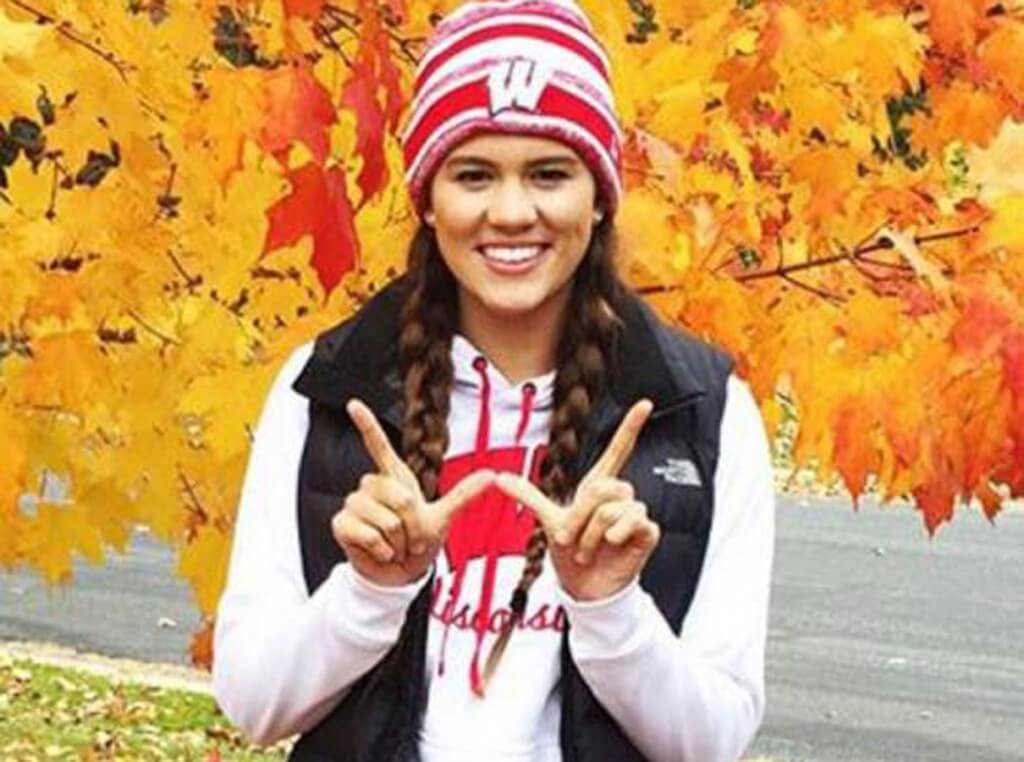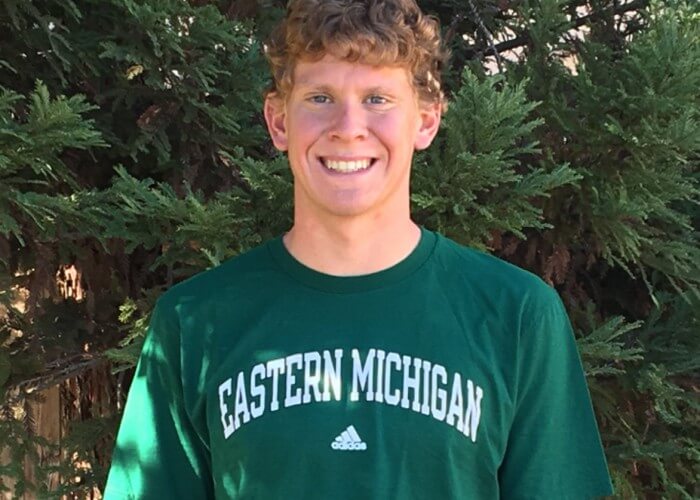3 Expert Tips to Simplify Your Recruiting Process

By Justine Ress, Swimming World Intern
As the national letter of intent signing day approaches, for some that means recruiting season is coming to a close. However, recruiting never stops for coaches. College coaches spend countless hours during the entire year researching, planning and getting to know potential prospects.
Recently I sat down with several college coaches to get their input on what could be done to make the recruiting process go that much more smoothly for all those involved. I gathered a few common suggestions from the coaches and thought why not spread the word to parents, club coaches and swimmers? Recruiting calls, visits, negotiations, etc. don’t have to feel so daunting and stressful. By taking some precautions and putting in a little extra effort, choosing a college can be fun and simple!
1. It all starts with some research:
If you know you want to swim in college, the first step is research. Besides looking up the type of school you want to go to, where you want to live and who you want to swim for, high schoolers should be looking a little deeper. Check out the rosters of the schools you’re interested in. Look up times from conference and basically use this information to see where you could fit within a program. Sift through all of the rosters you can find until you narrow down at least five to 10 realistic options.
It also helps to know a little bit about the team when you get in contact with coaches. A sense of preparation and knowing the important stuff will look great to coaches. Learning the basics about a team online provides more time for the ‘good questions’. Instead of wasting time asking about a team’s travel schedule, a recruit can simply look online and ask about training cycles instead. If college coaches are willing to put in the effort to research a swimmer’s results, that swimmer should be just as willing to look up the results of that school’s team.
2. Good research enables even better communication:
Communicating effectively with a college coach could be as easy as answering an email. If you’re not interested in a school, don’t leave them hanging! Responding to emails, even if it means turning down a program, saves a lot of time and is just plain polite. Coaches would rather know right off the bat to stop pursuing you. Trust me, saying no won’t hurt their feelings.
It also may seem intimidating, but it’s okay to start the conversation. Ask questions about anything you can think of (this is why research is so important). Don’t just ask how many practices a week they do; ask about things like if there are any meals provided for athletes or if the coaches are accommodating with class conflicts. The more communication during the recruiting process will always make for an easier transition during freshman year. The last thing anyone wants is a miscommunication that could lead to the wrong choice in school.
3. Finally, the way to make recruiting easy is by staying organized:
Keep track of all emails from coaches, make lists of pros and cons for each school, plan accordingly for when college coaches could potentially be calling you. It’s imperative that recruits also discuss any financial matters with a parent or guardian before the recruiting process. By having a discussion about what can financially work beforehand, swimmers and coaches avoid any awkward disagreements.
Also, make a calendar of important events coming up. For recruits this includes events like swim meets, national signing days, recruiting trips, junior days, etc. By mapping out the dates, swimmers and parents can stay ahead of the game. Sign up for meets around times that work best with school. Visit college campuses on the way back from a meet if time allows. And check in with this calendar often in order to always feel prepared for these events.
It’s never too early to start planning and researching. It’s much easier to sift through hundreds of options when you’re only a freshman and you have three years left of high school.
Remember to be realistic with any goals. Stay honest about your abilities and where you could see yourself a few years down the road. And just keep in mind that both sides want the same thing. Coaches and swimmers both want happy, successful teams of student-athletes. The bottom line is a little preparation and knowledge can go a long way in the recruiting process.






